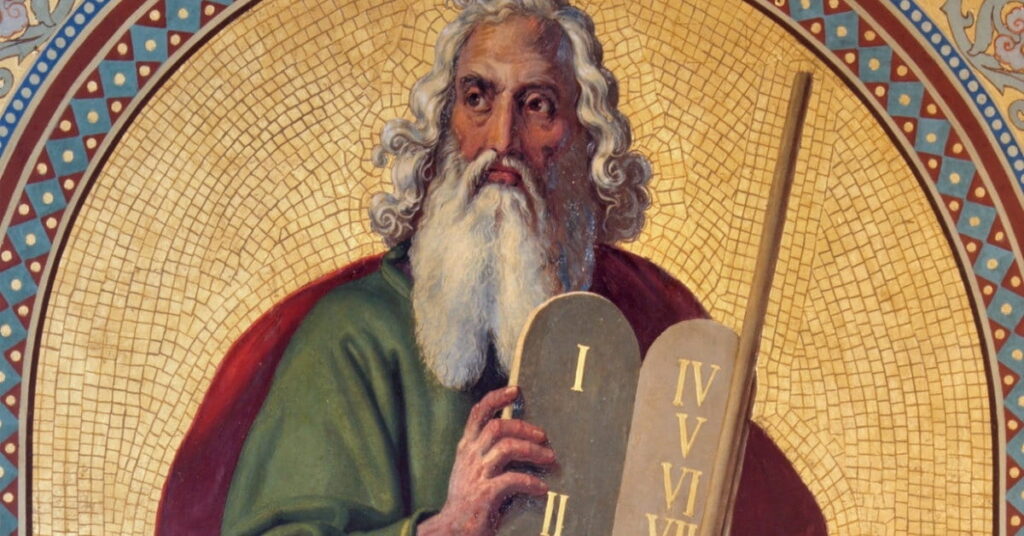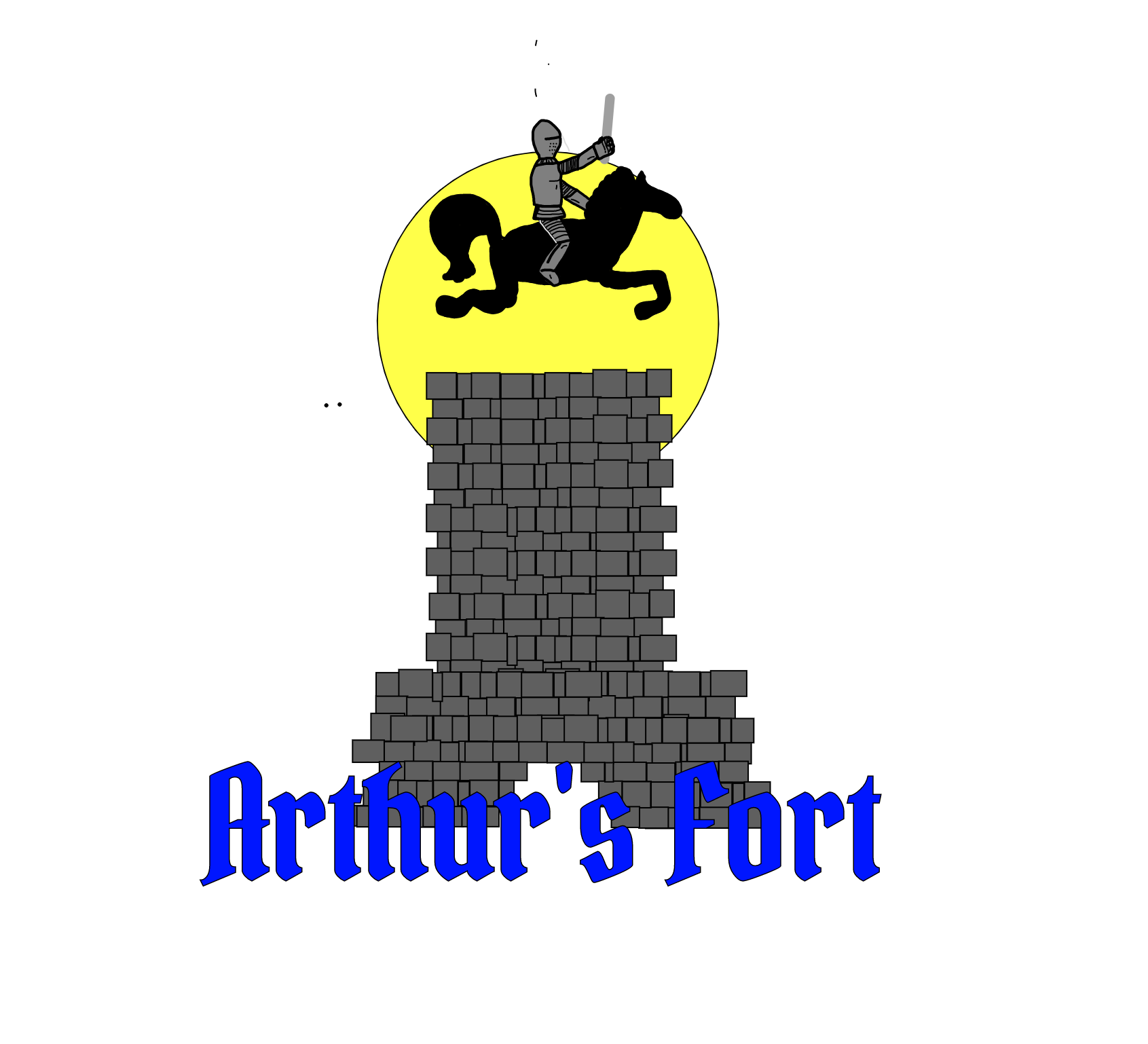
Moses lived during a time of slave empires, an era of oppression. The freedom which people enjoyed during the bronze age was virtually non-existant. Moses was among the very first people to fight for freedom.
He lived within the Transjordan area during the reign of Pharaoh Ramses II, in the 13th century BC. The Egyptians had enslaved the people of Israel in order to have labor for their architectural projects at the capital. During the time of Ramses II, the population of Israelites within Egypt began to grow rapidly. Fearing that the Israelites would ally with one of Egypt’s enemy as a result, Ramses II ordered all newborn Hebrew boys killed.
Moses was hidden from the fascistic Egyptian soldiers, who went around murdering babies, by his mother Jochebed. She placed her newborn son in a basket, and sent him off on the Nile river. The basket washed up near the palace of the Pharaoh’s daughter and she decided to adopt him as her own son.
Moses grew up with his older step-brother, future Ramses II, as a member of the royal family. During this time, Seti I was the Pharaoh. When Ramses II became the Pharaoh after his father, Moses became the second most powerful man in Egypt.
But one day, when Moses watched an Egyptian slave master whip a Hebrew slave, he killed the slave master. This caused great discontent among the Egyptians, and Moses fled to Midian. In Midian, Moses saw God through a vision, and was told to save his people from the shackles of slavery.
He also met his wife, Zipporah, as well as being reunited with his brother, Aaron, and sister Miriam. They traveled back to Egypt and demanded the Pharaoh free the slaves. But after the Pharaoh repeatedly refused, it is said that it was an act of God when disease killed all of the cattle and locusts killed all of the crops. This caused great famine in Egypt, and to make matters worse when a great plague wiped off a large portion of the Egyptian population.
Then Moses led his people out of Egypt and into the land of Mount Sinai, the promised land. They traveled across the desert for decades, traveling towards freedom. In land Sinai, they followed a new system, one that was established with good morals acted out by each individual, rather than mass labor enforced by the state.
Although there are some aspects of this story that are widely disputed and debated, the basic story of Exodus was important three millennia ago, and it is still vital to understand today. The story of Moses freeing his people from evil inspired the African Americans to free themselves from slavery in the United States, and written on the liberty bell was a verse from Leviticus, 25:10 to be exact: “Proclaim liberty throughout the land unto all inhabitants thereof.”
